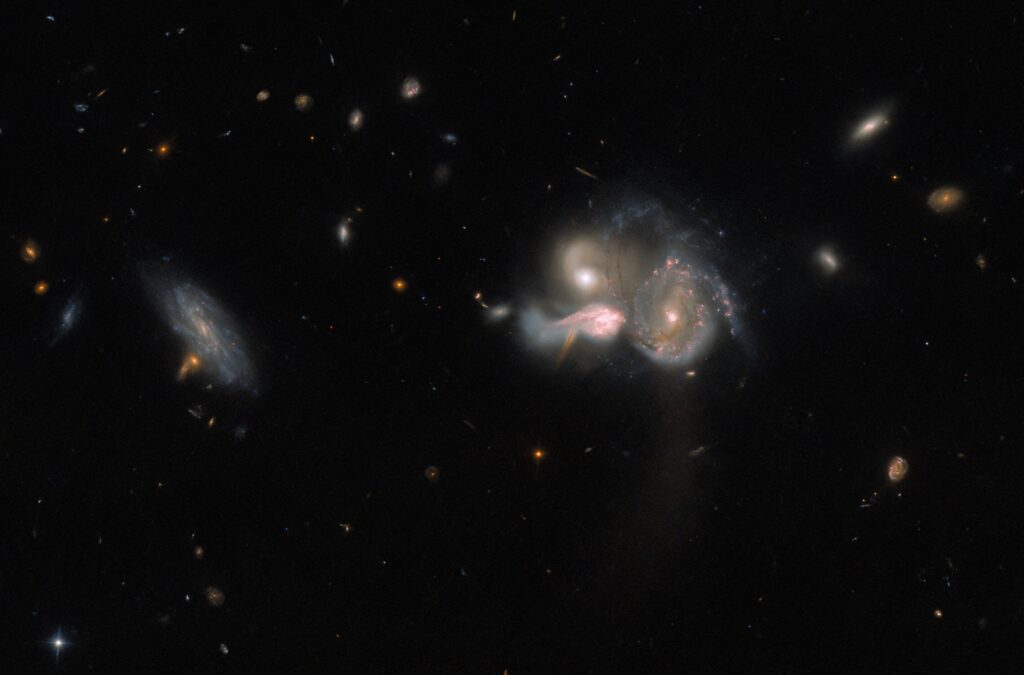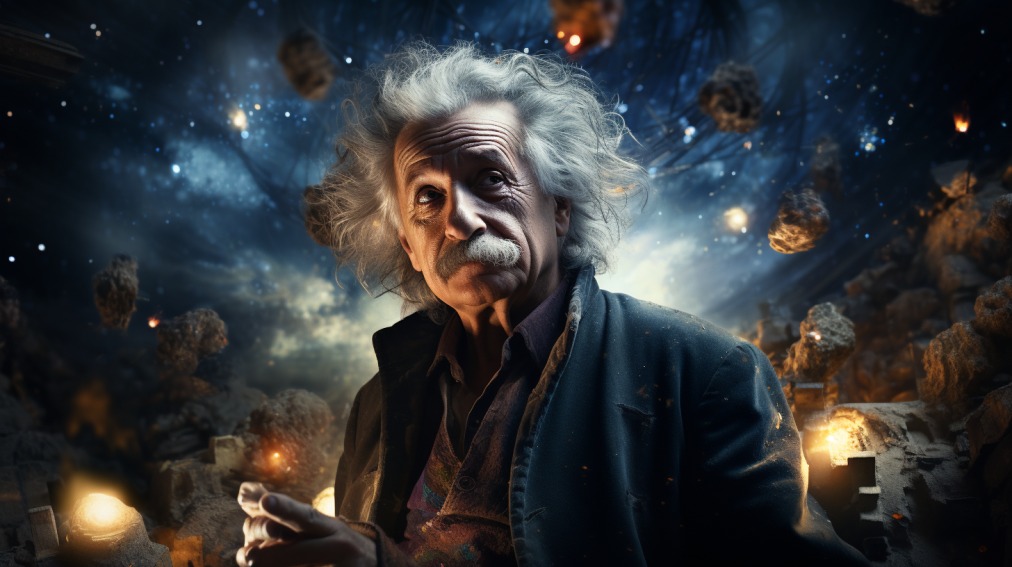We have become accustomed to the idea of a constantly expanding universe, thanks to the theories of that giant rock scientist Albert Einstein. But what if Einstein was wrong? A recent study, published in Classical and Quantum Gravity (I link it here), seems to challenge our cosmic beliefs. Driven by Lucas Lombriser, theoretical physicist at the University of Geneva, this study proposes a radical review of the theory of the expansion of the universe. Lombriser and his team looked at the universe with brand new glasses, discovering that perhaps the cosmos isn't moving away from us.
The old certainties shaken to their foundations
The traditional view suggests that the phenomenon known as “redshift,” or red shift of light, is a sign of the expansion of the universe that moves celestial objects away from us. Recently, the idea has also been put forward that the universe is expanding faster and faster, a process known as cosmological constant: lambda.
But there is something that doesn't add up in this construction. Ever since Einstein described this concept, observations have not always squared up with astronomers' and astrophysicists' predictions about how fast the universe is expanding.

So? Was Einstein wrong? Is the Universe static? Back to the origins
Instead of pointing to the cosmological constant, Lombriser argues that Einstein's original theory of a flat, static universe might be the right one. It may be a change in the mass of particles, not galaxies receding, that gives us the illusion of an expanding universe. The innovative theory proposed by Lombriser is based heavily on the enigma of dark matter: according to studies, this invisible matter it would even represent 80% of the mass of the universe: an immense, mysterious field of axions.
What are axions? These are hypothetical particles, not yet detected, considered the main protagonists in the race to identify the identity of dark matter. Astronomers and physicists around the world have been trying to unravel this mystery for decades, like Sherlock Holmes on the trail of a cunning criminal. At the moment, the criminal wins.
What will be the future of cosmology?
It seems almost incredible to think that a solidly rooted theory such as that of universal expansion could be overturned. Yet, this new study could represent the starting point, the spark that ends up offering that long-awaited answer that astronomers are looking for. Einstein refuted? It would be a real scientific earthquake, one of those moments in which science produces a sensational “coup de théâtre”.
I can't wait to find out what other surprises the next chapter of this exciting cosmic saga has in store for us.


